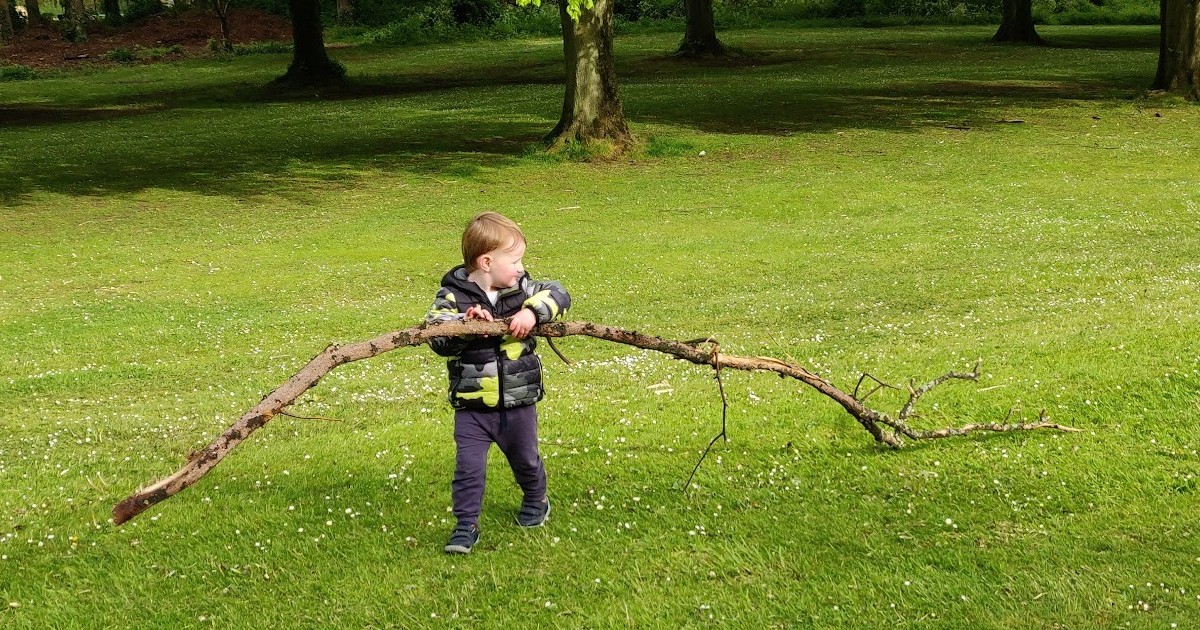Nature as the Classroom: Advancing Outdoor Learning Practices Across the Planet, for the Planet
A special issue of Education Sciences (ISSN 2227-7102).
Deadline for manuscript submissions: 30 April 2026 | Viewed by 153

Special Issue Editors
Interests: outdoor learning; education for sustainability; connection to nature; biology education; teacher professional development in science; science education for primary/secondary-aged children
Special Issue Information
Dear Colleagues,
As we live through an unprecedented time in our environmental history, there is an urgent call back to nature, for our children and young people in particular. As researchers in this area, we know the value and importance of connecting children and young people to nature for the guardianship of nature, behavioural change towards nature, mental health and well-being, and cognitive and emotional development, among other benefits. Engaging with nature is mutually beneficial for the deserving respect of all living things, as we work to move from the Anthropocene to an eco-centric existence between humans and nature.
We are delighted to announce this Special Issue and to invite you to be a part of something remarkable in our effort to bring together evidence from across the globe, in relation to the role of outdoor learning so that children learn in, for, and about nature. We would love to hear about the outdoor practices currently being researched globally, within our educational settings, and how these practices are conceived, delivered, evaluated, discussed, and critiqued. We welcome a diversity of approaches to research with, for, and about children and young people and those who work with them. We are particularly interested in how children and young people from 0 to 18 years old engage with nature as their classroom.
Some suggested themes are outlined below:
- Learning in, for, and about nature in a variety of settings;
- Nature as a classroom for those with additional educational needs;
- Nature as a classroom for education for sustainability/addressing climate change education/nature restoration/biodiversity;
- Innovative practice in outdoor classrooms;
- Policy and practice in outdoor, nature-based classrooms (in a variety of contexts, internationally);
- Nature as a classroom to address the Anthropocene.
Dr. Karen Kerr
Dr. Natalie O’Neill
Guest Editors
Manuscript Submission Information
Manuscripts should be submitted online at www.mdpi.com by registering and logging in to this website. Once you are registered, click here to go to the submission form. Manuscripts can be submitted until the deadline. All submissions that pass pre-check are peer-reviewed. Accepted papers will be published continuously in the journal (as soon as accepted) and will be listed together on the special issue website. Research articles, review articles as well as short communications are invited. For planned papers, a title and short abstract (about 100 words) can be sent to the Editorial Office for announcement on this website.
Submitted manuscripts should not have been published previously, nor be under consideration for publication elsewhere (except conference proceedings papers). All manuscripts are thoroughly refereed through a double-blind peer-review process. A guide for authors and other relevant information for submission of manuscripts is available on the Instructions for Authors page. Education Sciences is an international peer-reviewed open access monthly journal published by MDPI.
Please visit the Instructions for Authors page before submitting a manuscript. The Article Processing Charge (APC) for publication in this open access journal is 1800 CHF (Swiss Francs). Submitted papers should be well formatted and use good English. Authors may use MDPI's English editing service prior to publication or during author revisions.
Keywords
- outdoor classroom
- education for sustainability
- climate change education
- children and young people
- learning in for and about nature
Benefits of Publishing in a Special Issue
- Ease of navigation: Grouping papers by topic helps scholars navigate broad scope journals more efficiently.
- Greater discoverability: Special Issues support the reach and impact of scientific research. Articles in Special Issues are more discoverable and cited more frequently.
- Expansion of research network: Special Issues facilitate connections among authors, fostering scientific collaborations.
- External promotion: Articles in Special Issues are often promoted through the journal's social media, increasing their visibility.
- Reprint: MDPI Books provides the opportunity to republish successful Special Issues in book format, both online and in print.
Further information on MDPI's Special Issue policies can be found here.






